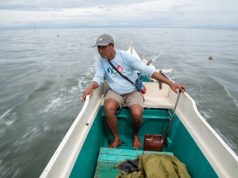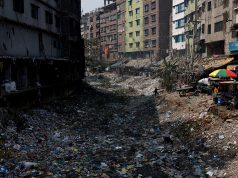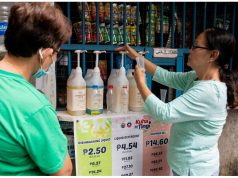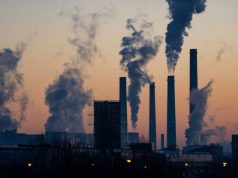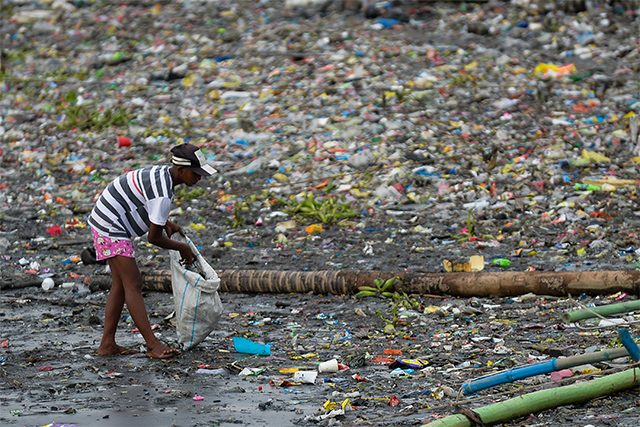
Big brand names topped the annual list of corporate plastic polluters in the world again, a study said.
Break Free from Plastic, an international organization that seeks a plastic-free world, released its brand audit report where it revealed the top ten corporate plastic polluters this year.
The report titled “BRANDED Volume IV: Holding Corporations Accountable for the Plastic & Climate Crisis” was the result of 440 brand audits by 11,184 volunteers in 45 countries across six continents.
The top corporate polluters are:
- Coca-Cola
- Pepsico
- Unilever
- Nestle
- Proctor & Gamble (P&G)
- Mondelez International
- Philip Morris International
- Danone
- Mars Inc.
- Colgate-Palmolive
Break Free from Plastic stated that its comprehensive brand audit was conducted by recording and identifying the brands found on plastic waste.
“In total, 330,493 pieces of plastic pollution were collected and analyzed in order to identify the companies polluting the most places with the most plastic waste,” it said.
Participants and volunteers also managed to document and assess brands from 7,762 parent companies this year.
Greenpeace Philippines also shared these findings through an infographic on Facebook on October 25.
In the post, the organization noted that it’s the fourth time that the top five brand names are included in the list.
“BREAKING: The Top Five Corporate Plastic Polluters of 2021 are Coca-Cola, PepsiCo, Unilever, Nestlé, & P&G! It’s the 4th time they’ve been on the top 10 list. Let’s demand that they #BreakFreeFromPlastic now,” read the post.
In a statement, Greenpeace Philippines Campaigner Jefferson Chua lamented that the findings showed that these multinational companies have not learned from the negative impact of their practices amid the COVID-19 pandemic.
“This year’s Brand Audit shows that multinational companies have not learned from our experiences during the COVID-19 pandemic as they still continue business-as-usual practices that harm our planet, our environment, and our communities,” Chua said.
“Although this is not surprising, it is disappointing that Coca-Cola and other companies continue to ignore people’s call for sustainable practices, such as implementing refill and deposit systems and phasing out single-use plastics, even when they have the resources to do so,” he added.
Chua also hoped that this report would urge lawmakers to finally pass the sought-after single-use plastic ban.
“We hope that this report will be reviewed by Philippine lawmakers who are in the process of legislating a single-use plastic ban. It is high time that we look into the full life cycle of plastic products by scrutinizing these companies’ false ‘plastic neutrality’ claims, facilitate a just transition to reusable and refillable systems, and hold them accountable for causing environmental and health harms to our most vulnerable communities,” he said.




